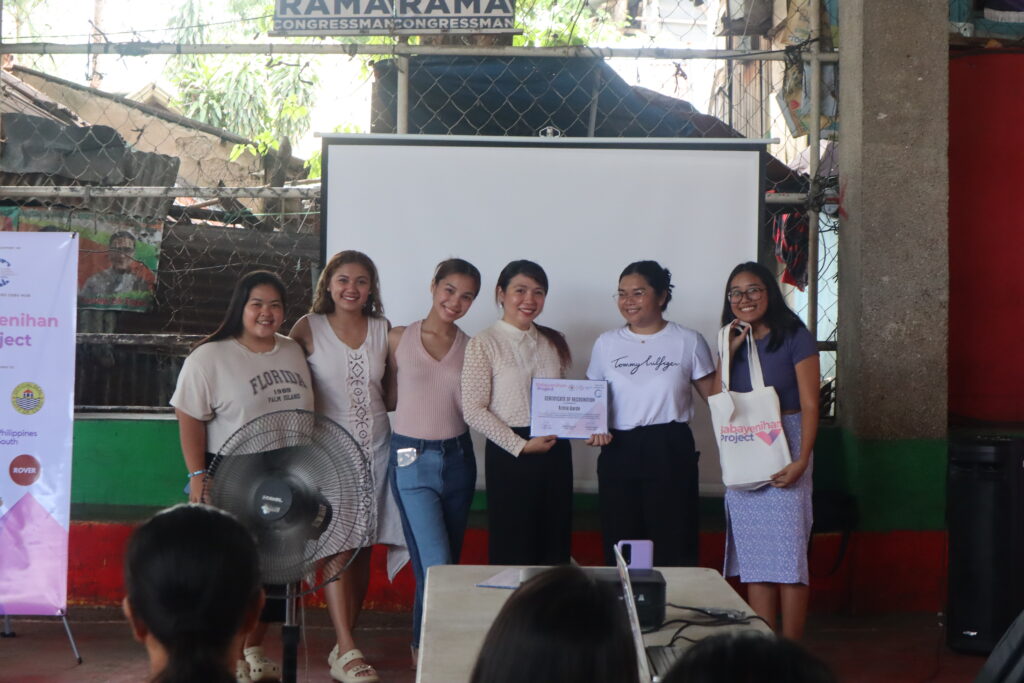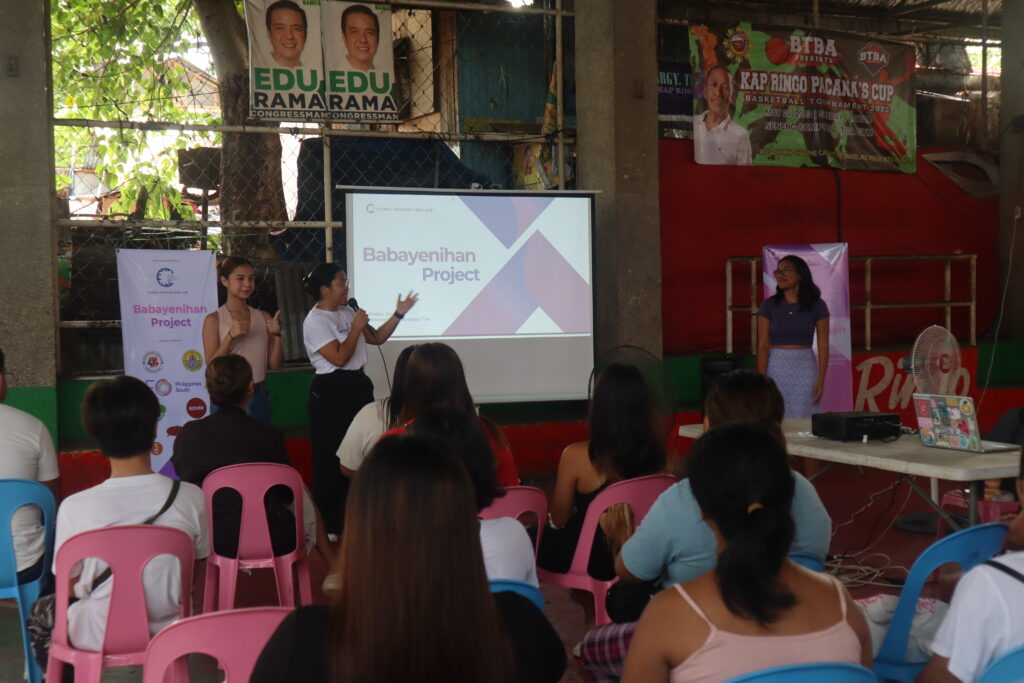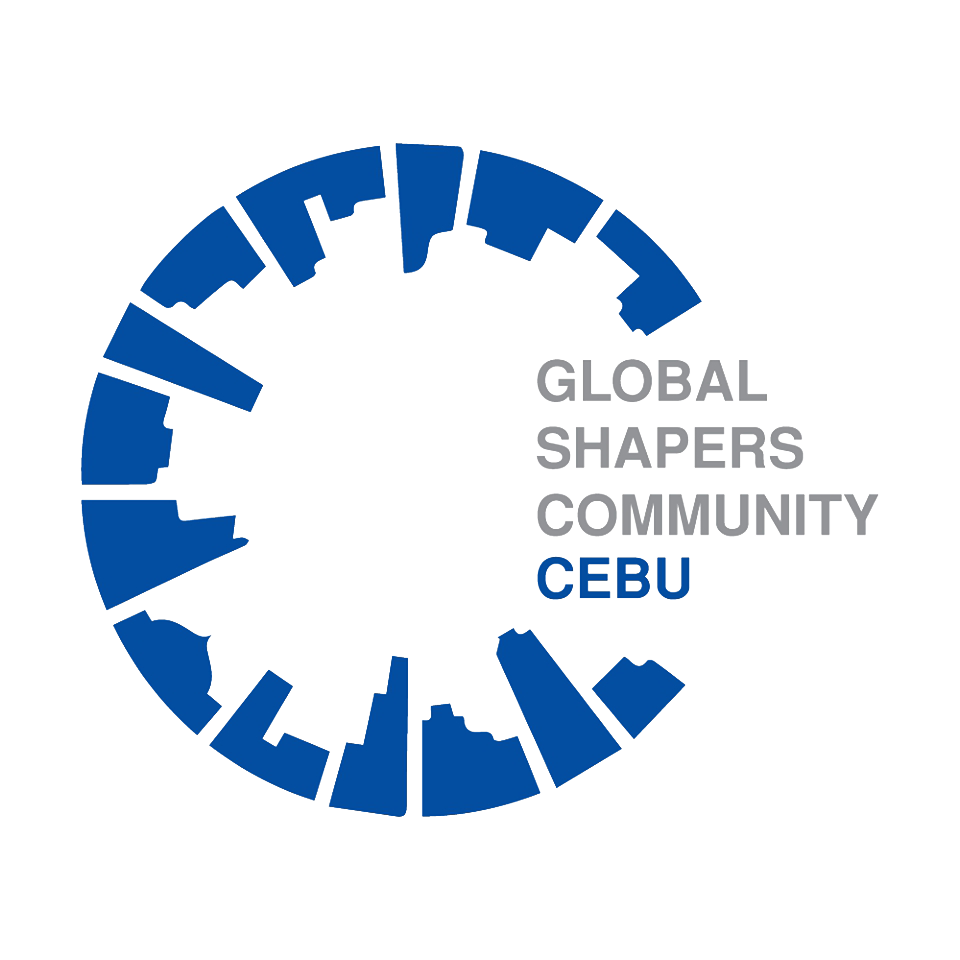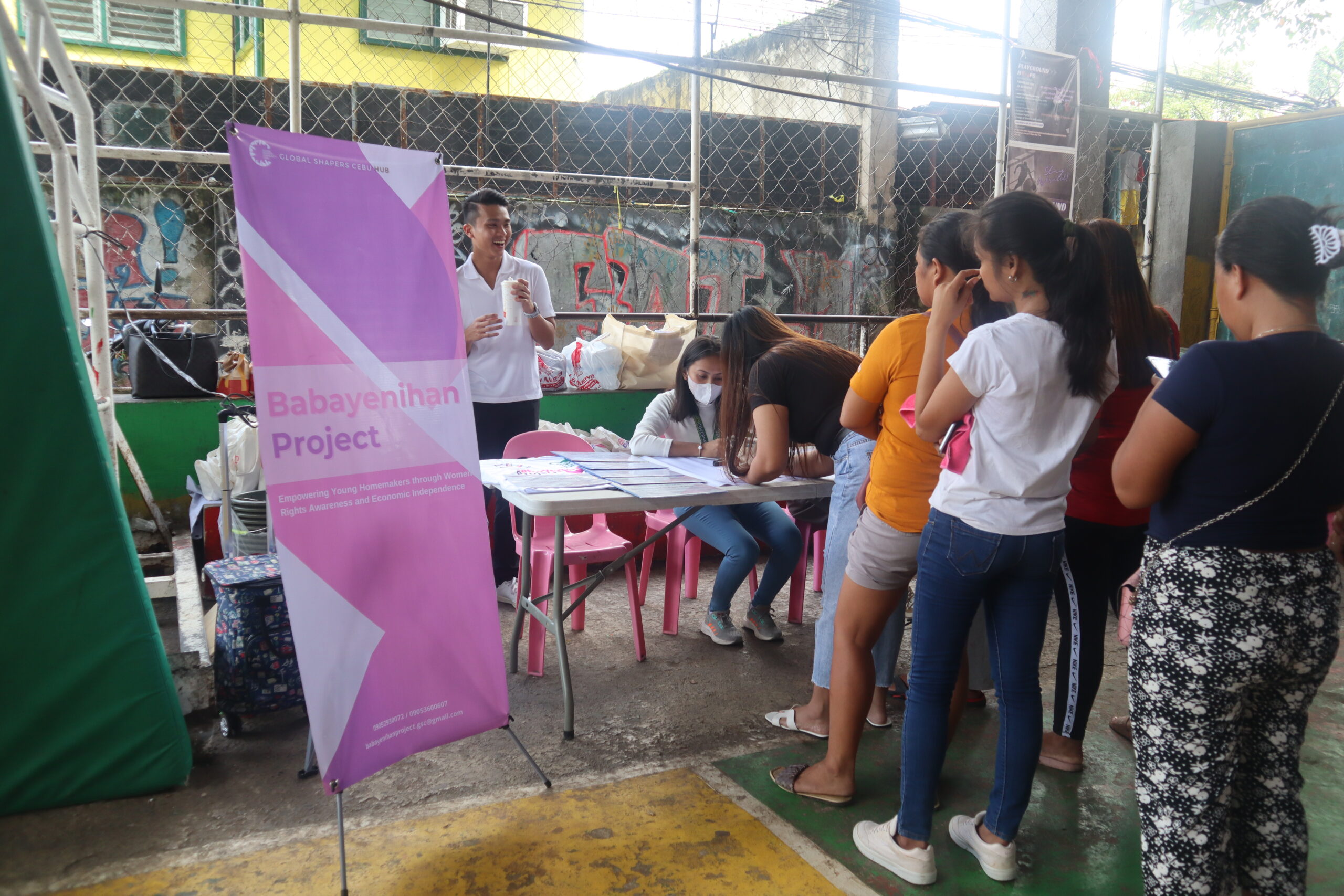When I first applied to be a Global Shaper earlier this year, I didn’t expect that I would learn so much about who I am and what I’m capable of. I first found out about Global Shapers through Facebook. At the peak of a global pandemic, I was itching to help out but I didn’t know how. That’s when I started searching online for local community service groups looking for a way to channel their energy into changing Cebu for the better. I buried that desire when the world was “opening up”.
It has been a few months since that feeling of wanting to help someone and belong somewhere passed when I scrolled past a post about Global Shapers accepting applications. I wasn’t doing anything then and I was curious about it so I applied.
I got called in for an interview and was invited to a Hangout. I honestly don’t know what I was getting myself into. I had enough on my plate as it is. I was about a year into my job as a chapter manager of a global organization, Entrepreneurs’ Organization. I was a one-woman show making sure projects and programs ran smoothly. I knew what it took to execute programs but I felt like I was biting off more than I could chew. Nevertheless, I trusted the process
After the interview, we were grouped into 2 groups to work on a probation project for 3 months. I ended up with 2 other girls, Laica Uy, who was a graduating Nursing Student, and Aliko Garganera, a lawyer working for the government. As small as Cebu is, I didn’t know them personally and I was quite nervous about working in a team. One sunny afternoon, we decided to meet up face-to-face to discuss our plans.
All 3 of us have experience in helping out the community in one way or another so half of our discussion was probably about narrowing all the causes we could work on for our probationary project. As women, we wanted to focus on women whose circumstances deprive them of opportunities to be financially independent from their husbands. Thus, the project “Babayenihan” was born.

In 2022, the Philippines Statistics Authority (PSA) reported that one out of the live births in the country is from mothers aged 15 to 19 years old. , Despite observing a decline in recent years, these births consistently make up about one-tenth of all live births in the country, and the Philippines still has one of the highest adolescent birth rates among the ASEAN Member States.
PSA also reported that three-fourths of these births from adolescent mothers were fathered by men who were three to five years older. In addition, the agency has also found that fathers who are more than 10 years older than the adolescent mothers are responsible for about six to seven percent of births, every year, from 2016 to 2020. This data suggests that teenage pregnancies among girls ranging from ages 15 to 19 years old may be a result of coercion and unequal power relations between girls and older men.
The word Babayenihan is a play on the words babaye, which is the Visayan word for woman, and bayanihan, a Filipino core value of communal unity to achieve something together. Babayenihan aims to address the need for young mothers to not only be aware of their rights as women but also to provide opportunities for them to learn and develop economic and entrepreneurial skills.




In its first run in June 2023, Babayenihan was able to serve 25 young mothers of Barangay Tisa, Cebu with the help of Sangguniang Kabataan of Tisa, Entrepreneurs’ Organization Philippines South, and other partners. The whole morning activity was comprised of a local policewoman spreading awareness of laws like R.A. 9262 (Anti-Violence Against Women and Children Law) and R.A. 8505 (Rape Victim Assistance and Protection Act), a digital marketing about online selling on different platforms, and lastly, a liquid dishwashing detergent making workshop. This simple yet jam-packed program was designed with adolescent mothers who are unable to leave their children and go out to work like their husbands. One of the many objectives of Babayenihan is to equip women with skills to alleviate financial dependency on husbands and male partners.
Guided by the proverb “Give a man a fish and you feed him for a day. Teach him how to fish and you feed him for a lifetime”, Babayenihan brought together young women, each with a story of their own, in hopes that they can create a community of sisterhood, a community in which they can lean on when the realities of motherhood is too much to bear. At its core, Babayenihan was a reminder to young mothers that motherhood isn’t the end of womanhood, that they are so much more than mothers, they are sisters, daughters, friends, and most importantly, women.

